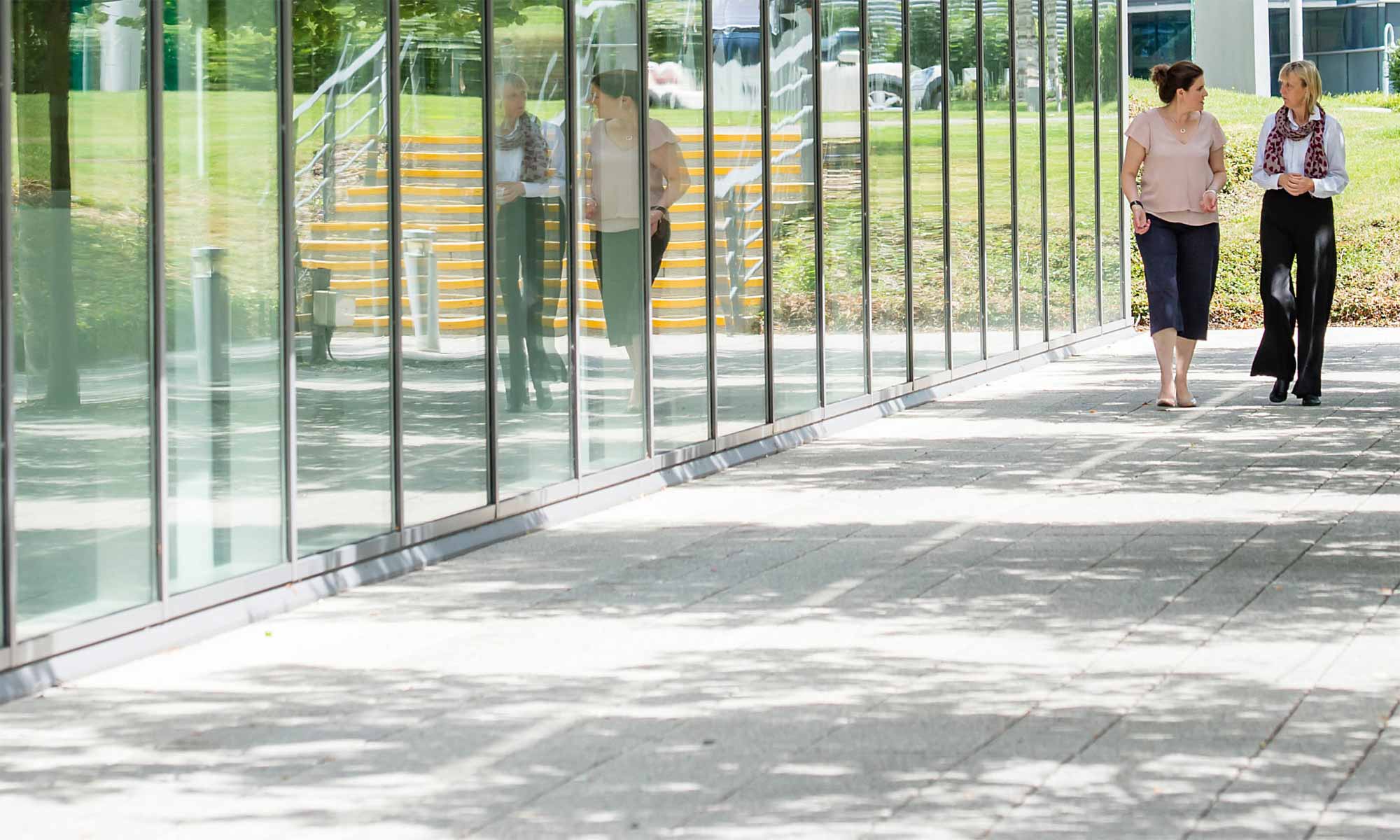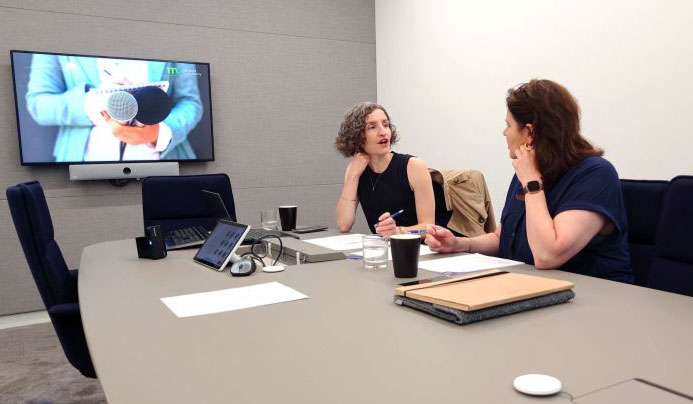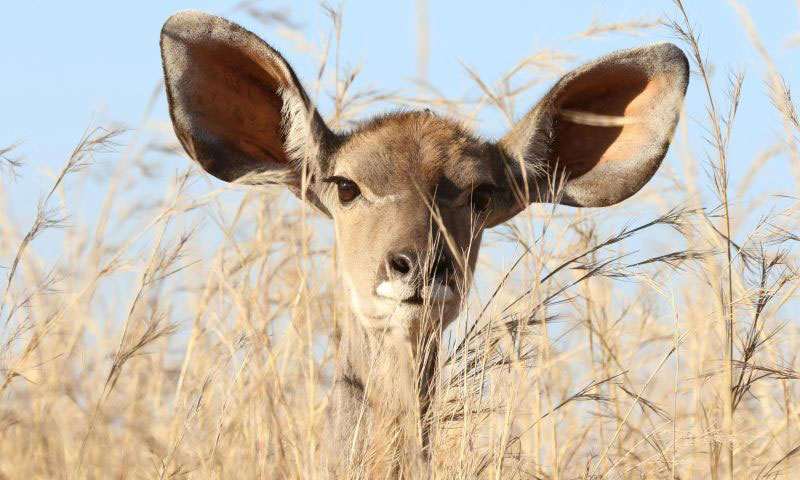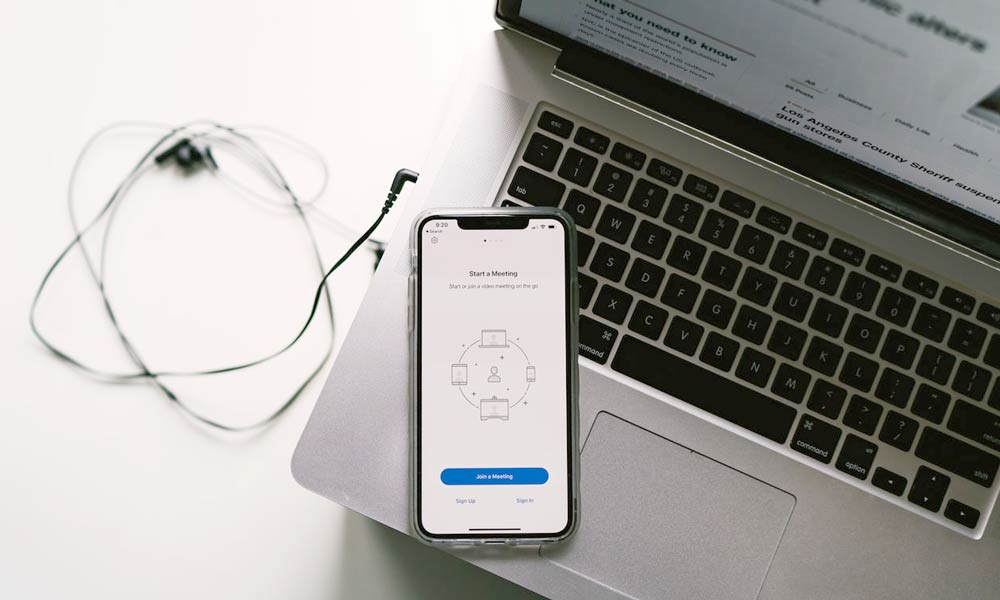Quite an odd statement to make but with all the experience I had during 15 years at the BBC and my time since then working on the other side of the media in crisis comms – I eat, sleep and breathe interviews.
My sister, Jess Mangold, is the same after years as a print journo. We’re both voracious consumers of news, media and social content.
And of course it helps growing up with a Dad in the business, where dinners are filled with ferocious debate about current affairs.
Listening to big interviews constantly, across a range of formats and setups, we digest and analyse content and ask did that work? What went wrong? Why did they approach the interview that way?
Take the infamous example of BBC Newsnight, Emily Maitlis and Prince Andrew. The work put into that – the preparation by the team including the fabulous Sam McAlister, meticulously researching and investigating – made for a jaw dropping interview. It’s not about attacking the interviewee as some have done in the past, it’s all about the preparation.
I approach every challenge from the perspective of a journalist and that’s how I deliver for my clients.




